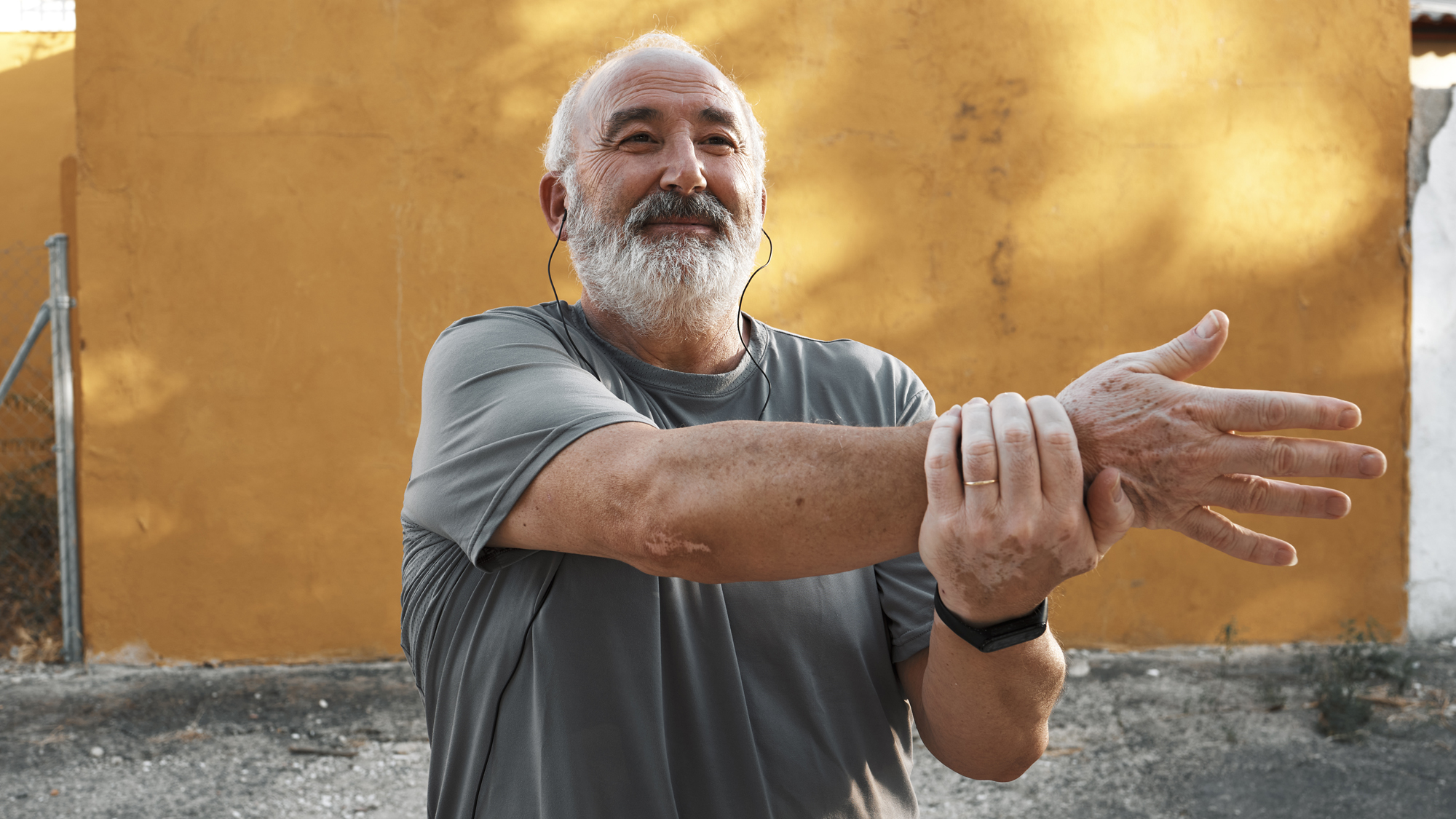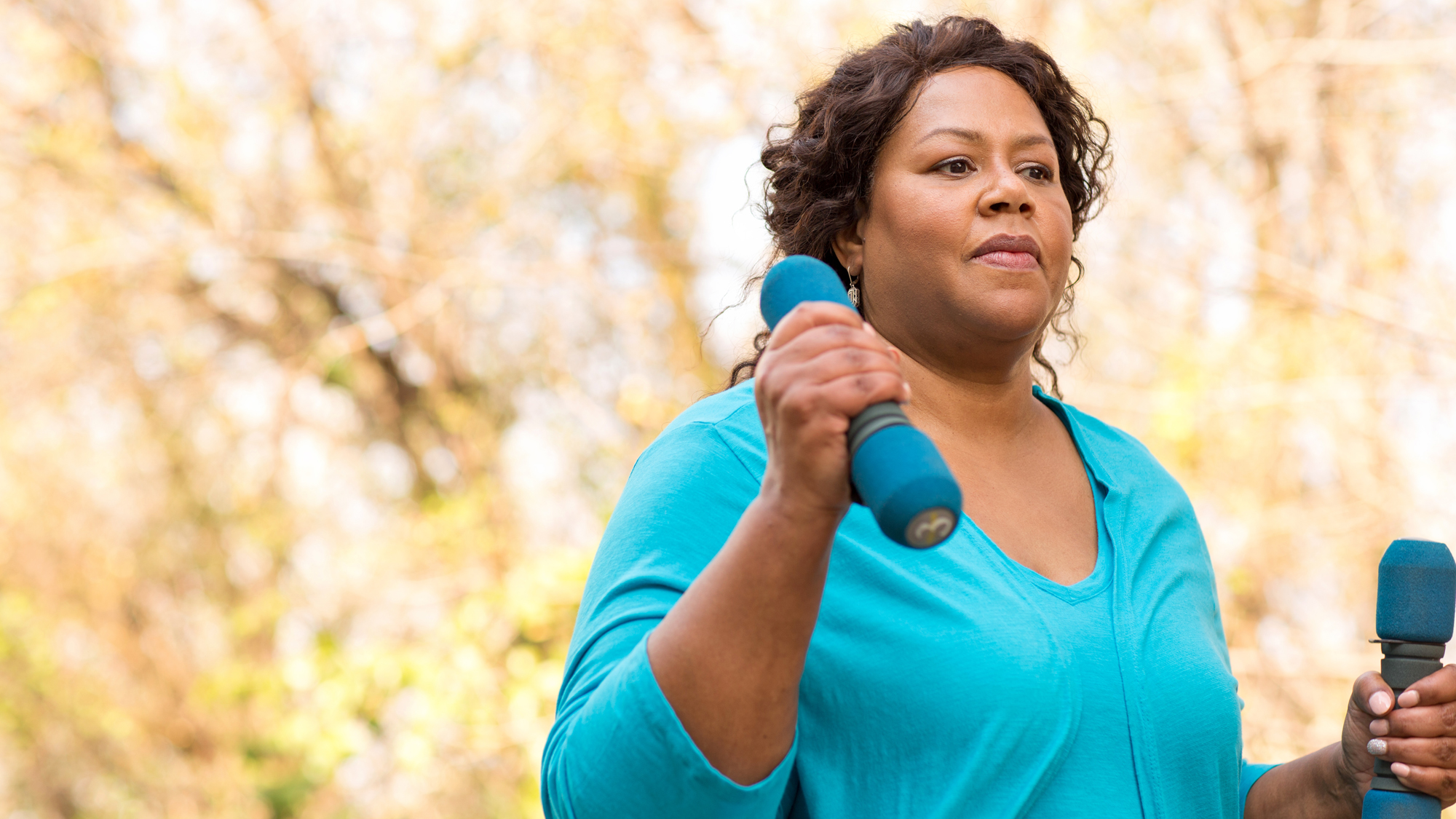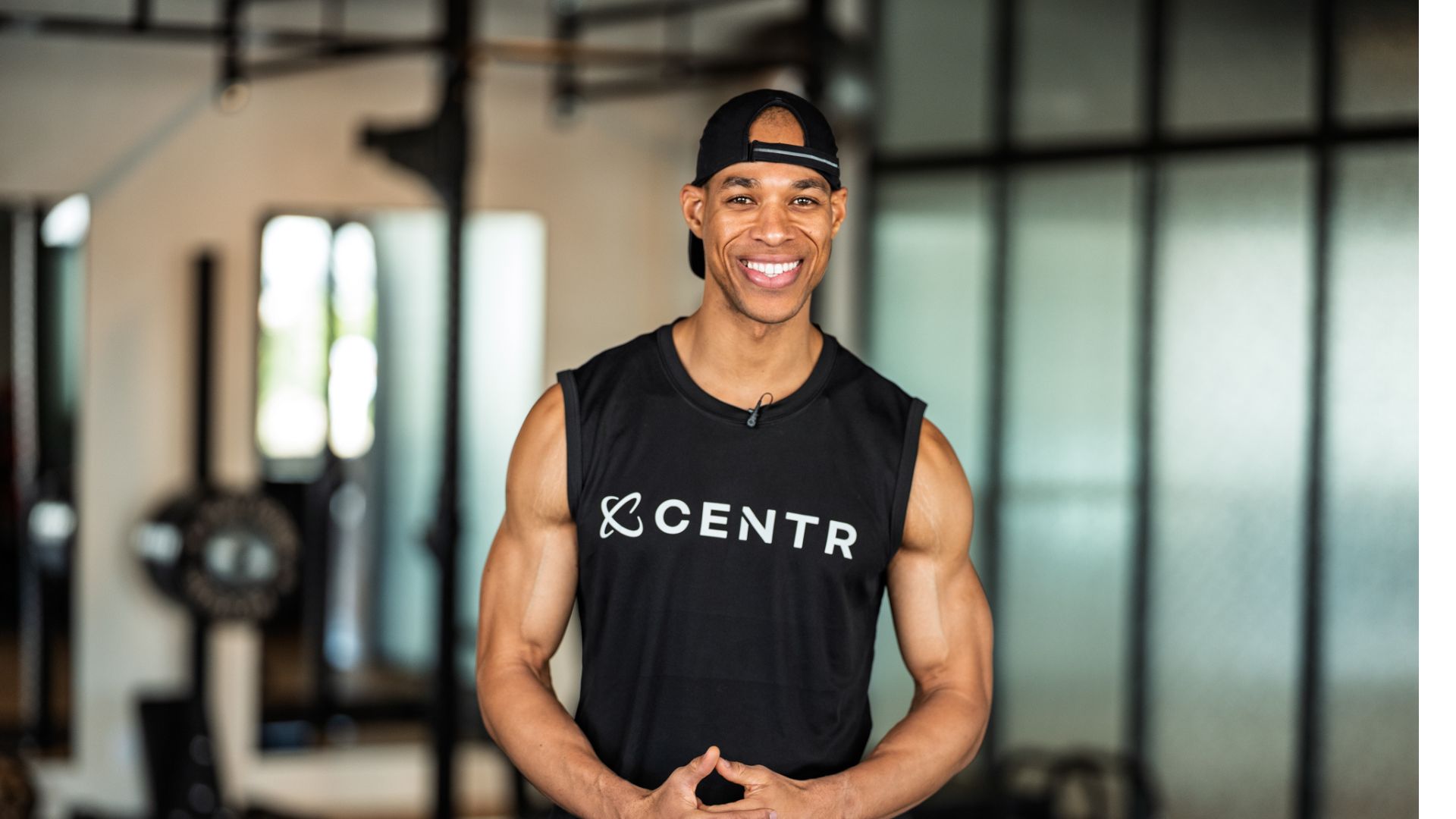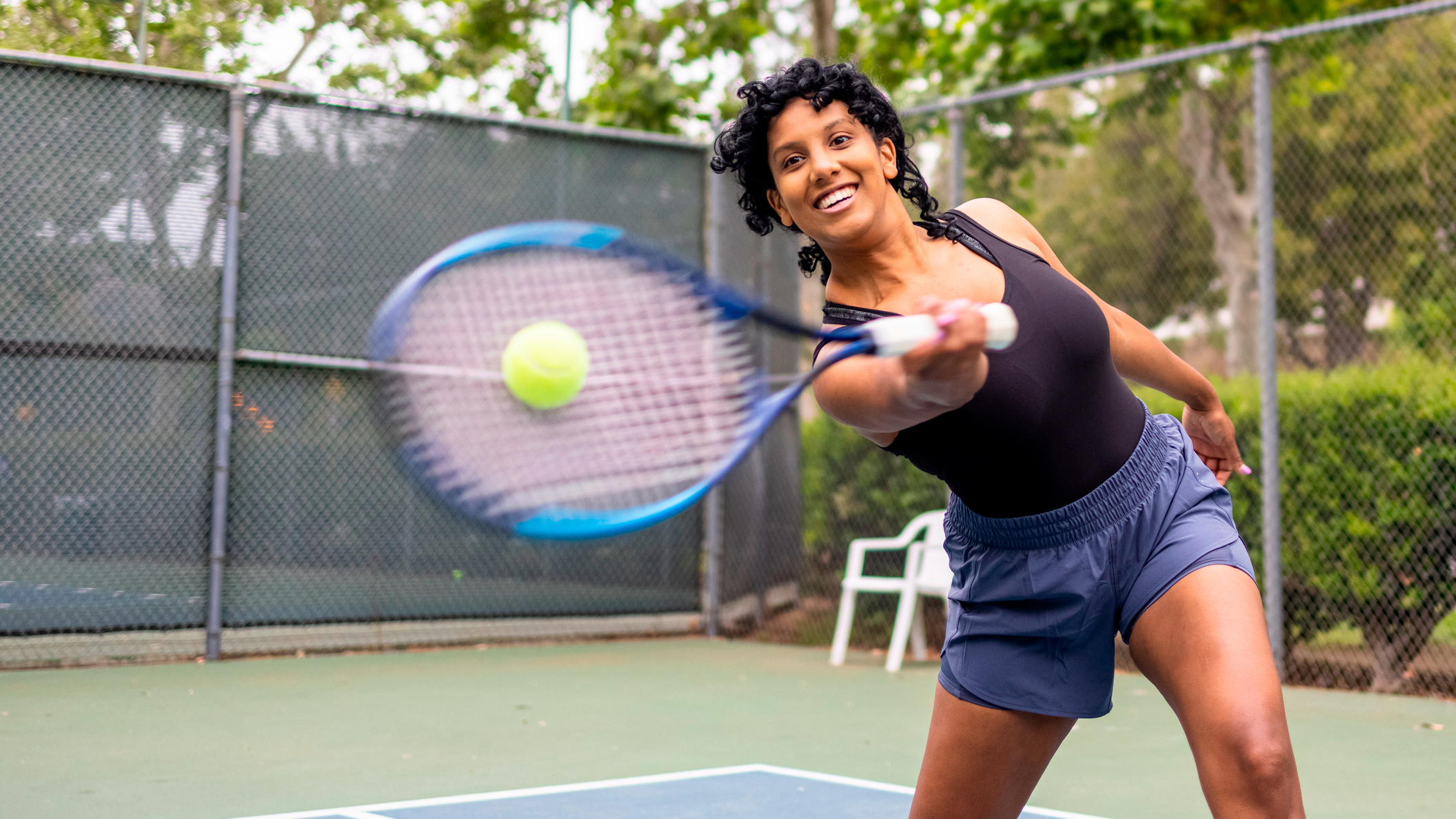Exercise is the key to protecting our eyesight as we get older, here's why
The benefits of exercise keep mounting up, as researchers dig into how physical activity protects our retinas


Exercise is the best medicine, as the saying goes. Over the years, scientists have discovered that physical activity improves our mood, promotes better sleep, and protects our body and mind.
While many of us have experimented with the best exercises for weight loss to improve our health, new research has found that regular exercise could even protect our eyesight as we age.
Most people find that their eyesight gets worse with age. This is known as age-related macular degeneration (AMD), where your vision gets blurred or disappears altogether in certain areas.
Researchers don't fully understand the causes of AMD, although there are a few suggestions like family genetics and lifestyle factors, including smoking, obesity, and high blood pressure or cholesterol.
In a new review of published papers, the authors analyzed recent research into AMD, degenerative conditions, and exercise's role in slowing the effects of aging.
Our bodies respond to exercise by producing or releasing certain chemicals. This is the cause of the much-talked-about Runner's High, a sense of euphoria following intense exercise.
Exercise also has a protective effect on our mental health, with many people finding they feel less anxious, depressed, or unhappy after a workout. It's these post-exercise chemicals that could protect against AMD.
Get the Fit&Well Newsletter
Start your week with achievable workout ideas, health tips and wellbeing advice in your inbox.

According to Associate Professor Riccardo Natoli, one of the authors, "the beneficial messages being sent to the central nervous system during exercise are packaged up in what are known as lipid particles."
The central nervous system is responsible for passing messages transporting chemicals between the brain and your body via the spinal cord. Notably, it also includes your retina, the part of your eye impacted by AMD.
"We think that as you age, the ability to communicate between the muscles and the retina starts to be lost. Our goal is to figure out what these molecules are communicating to the body and how they're communicating," notes Professor Natoli.
Conditions like Alzheimer's and Parkinson's are forms of central nervous system disease, where chemicals build-up or damage the brain. In the past, research has found that exercise can protect against these diseases and possibly reduce their severity.
One study noted that "regular physical activity increases the endurance of cells and tissues to oxidative stress." As these conditions relate to the CNS, the review suggests that exercise would have similar outcomes for AMD.
Fortunately, you don't have to wait for scientists to discover the mechanisms behind these results. If you're a fan of nature, you can lace up a set of the best trail running shoes and head outside.
Even if you prefer strength training, starting with the best workouts for abs will help you build a stronger core. This aids other routines as your core promotes circulation, prevents injury, and improves stability.

James is a London-based journalist and Fitness Editor at Fit&Well. He has over five years experience in fitness tech, including time spent as the Buyer’s Guide Editor and Staff Writer at technology publication MakeUseOf. In 2014 he was diagnosed with a chronic health condition, which spurred his interest in health, fitness, and lifestyle management.
In the years since, he has become a devoted meditator, experimented with workout styles and exercises, and used various gadgets to monitor his health. In recent times, James has been absorbed by the intersection between mental health, fitness, sustainability, and environmentalism. When not concerning himself with health and technology, James can be found excitedly checking out each week’s New Music Friday releases.
-
 I do these two things every day to stay fit and healthy, says the newest star trainer on Chris Hemsworth's fitness app
I do these two things every day to stay fit and healthy, says the newest star trainer on Chris Hemsworth's fitness appHere's how Centr's Korey Rowe trains for longevity
By Sam Rider Published
-
 I thought sports weren't for me, until I realised they're a game-changer for ticking off cardio
I thought sports weren't for me, until I realised they're a game-changer for ticking off cardioI swapped HIIT and running for tennis—and I've never felt better
By Alice Porter Published